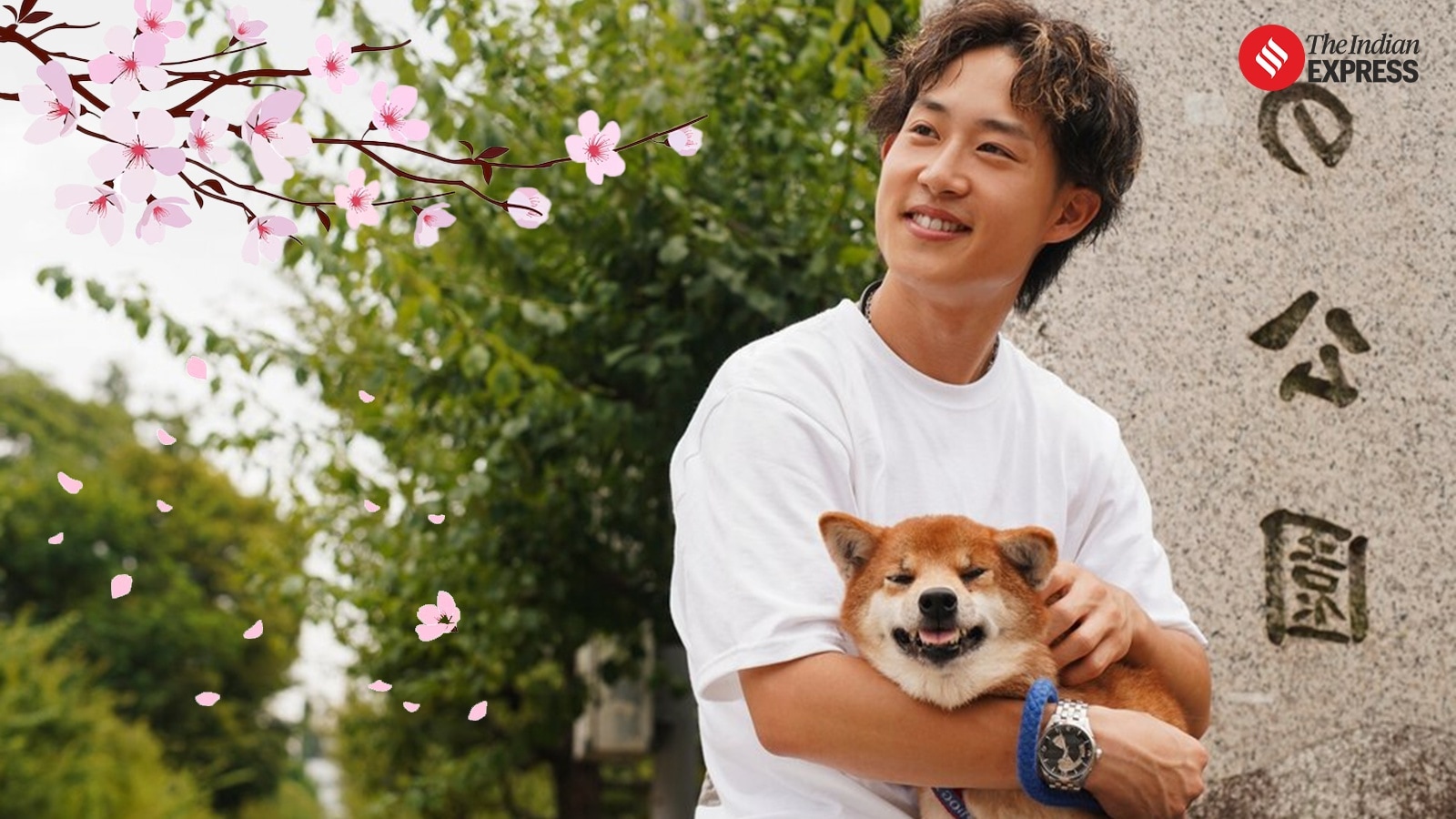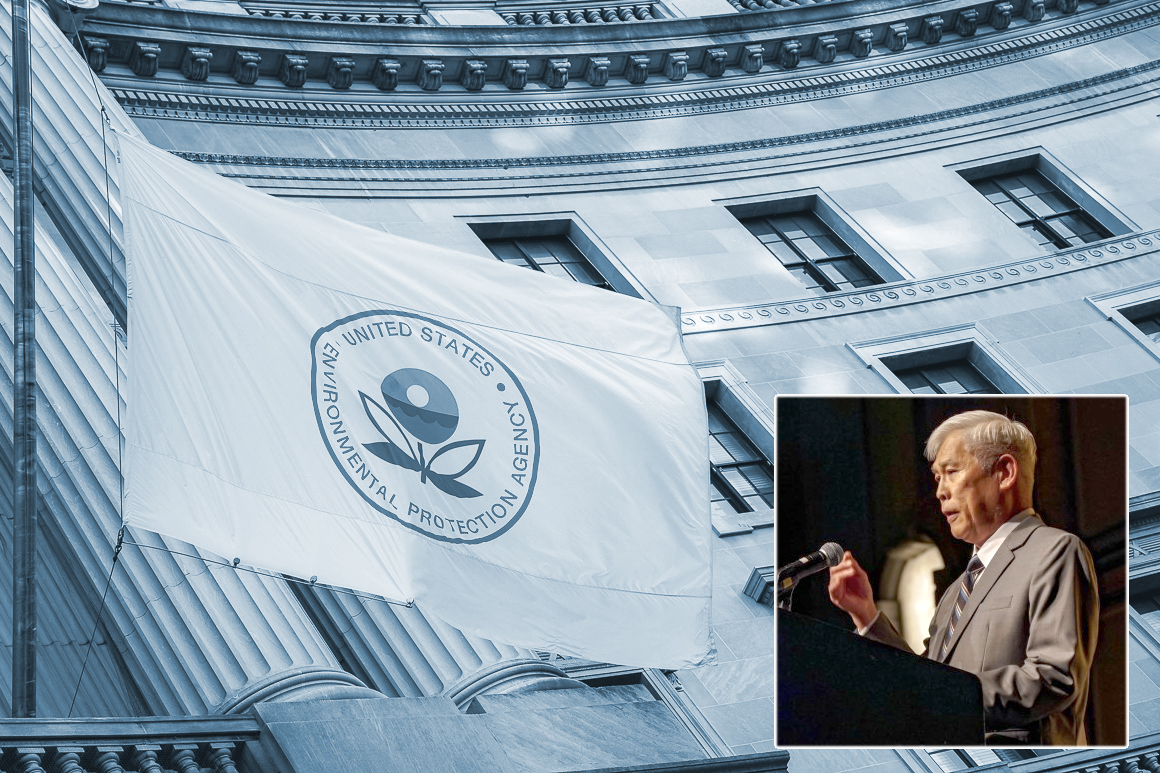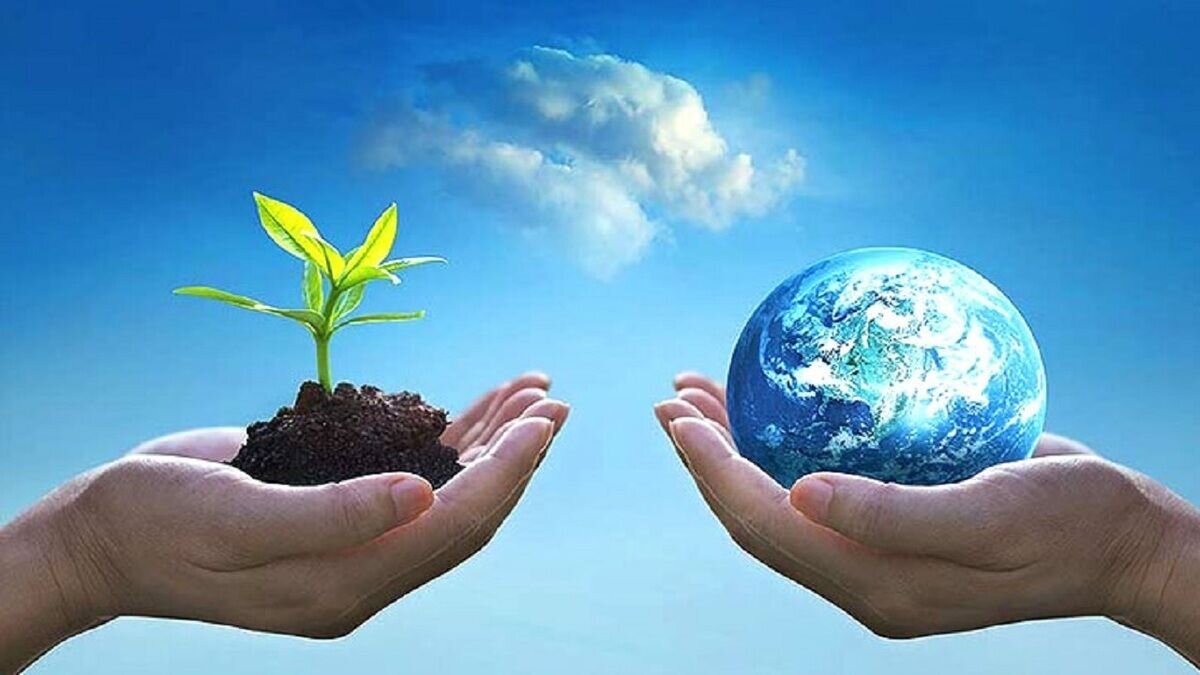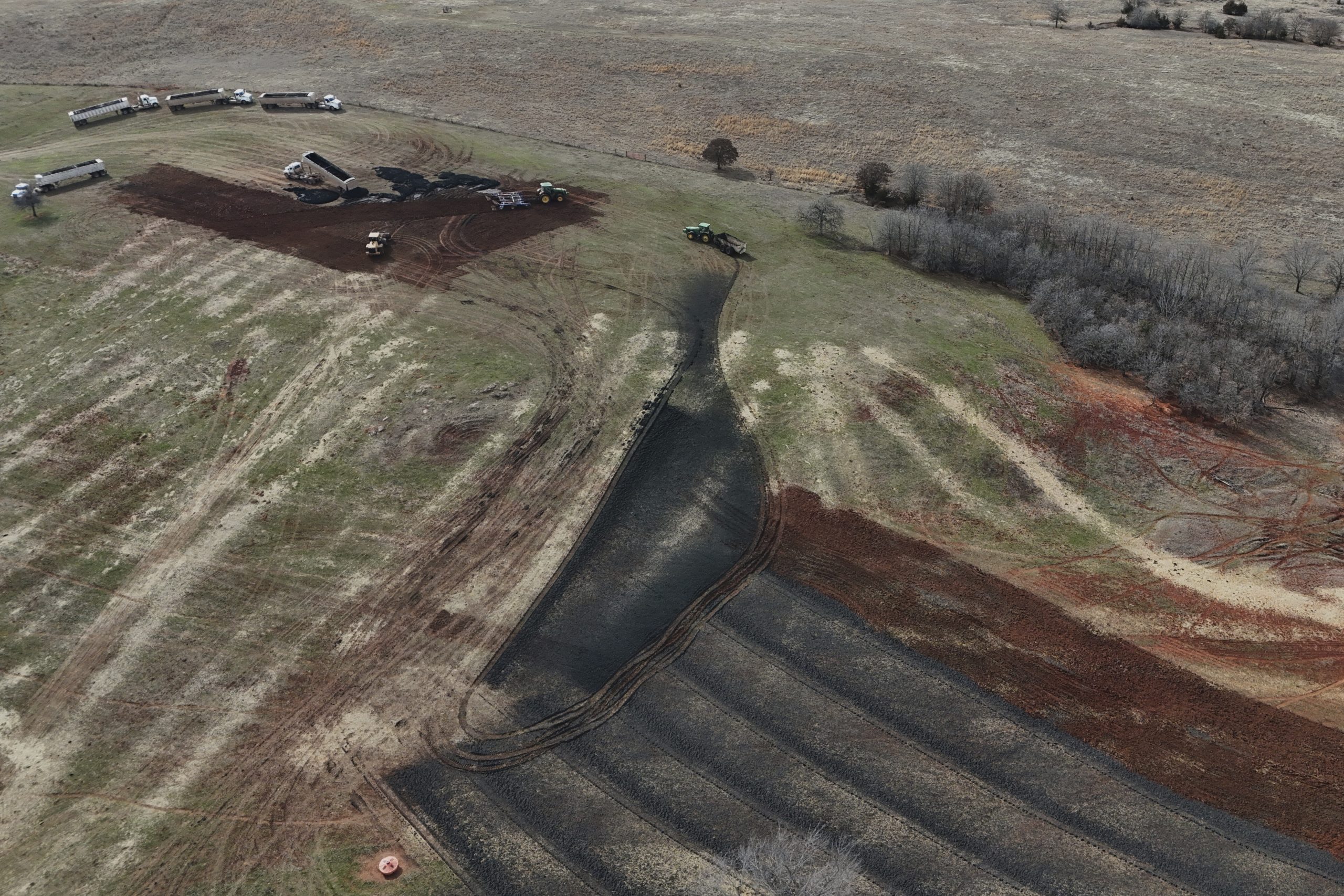Beyond Waste: How Japan's 'Mottainai' Philosophy Is Revolutionizing Personal Growth and Sustainability

Embracing Mottainai: A Path to Sustainable Living
In a world increasingly challenged by environmental concerns, the Japanese concept of mottainai offers a powerful philosophy for mindful consumption and resource conservation. This profound cultural principle encourages individuals to recognize the inherent value of every resource and minimize waste through thoughtful, intentional actions.
By adopting the mottainai mindset, people can transform their daily habits and contribute to a more sustainable future. The concept goes beyond simple recycling, inspiring a holistic approach to resource management that respects the intrinsic worth of materials, energy, and time.
Small, deliberate choices can create significant impact: repurposing clothing, repairing items instead of replacing them, and finding creative uses for seemingly worn-out objects. These practices not only reduce environmental strain but also cultivate a deeper appreciation for the resources that sustain our planet.
Mottainai teaches us that nothing is truly disposable. Each item carries a story, a purpose, and potential for continued utility. By approaching consumption with mindfulness and creativity, we can dramatically reduce waste, conserve resources, and develop a more harmonious relationship with our environment.
Ultimately, embracing mottainai is about more than conservation—it's a transformative lifestyle that reconnects us with the true value of what we own and consume, promoting a more sustainable, respectful, and conscious way of living.








